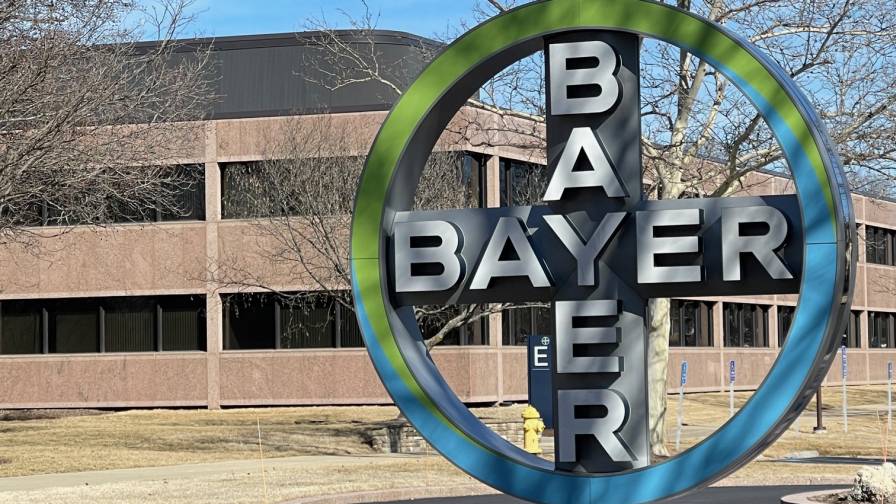Can Your Organization Require Employees to Get a COVID-19 Vaccine?

This is your opportunity to create a strategy to balance your employee welfare with considerations for the safe and effective operation of your business.
At the writing of this article, healthcare workers and long-term care residents are just starting to receive their COVID-19 vaccinations. As the next rounds of the vaccine become available, it’s important for each organization to discuss and decide on a few critical decisions before their employees demand answers.
Although most organizations have established their COVID-19-related policies and procedures for employees, customers, and visitors, few have taken the final step of addressing how they plan to manage the arrival of a vaccine. A “let’s wait and see what happens” strategy was a viable option as we waited to see how things unfolded. However, the arrival of a vaccine and the ruling of the U.S. Equal Employment Opportunity Commission (EEOC) has left few things to unfold. The picture for employers is fairly clear, so it is time to create your plan.
The EEOC guidance created on December 16th states that employers can make sick workers stay home, they can require a doctor’s note before coming back to work, they can mandate testing, and can require workers to get vaccinated within limits. One limitation is tied to the Americans with Disabilities Act (ADA) that allows accommodations for people with certain disabilities, allergies, or other medical conditions such that receiving the vaccine would pose a risk to them or their health. The other limitation is exemptions for people with sincerely held religious belief.
Avoiding Confusion
With this guidance, it’s clear that employers can mandate their employees get the vaccine, but the exceptions can still create confusion. Under the ADA guideline, employees who choose not to take the vaccine can be excused with a note from a doctor. Adding this procedure will give your organization a clear and documentable path. However, if an employee claims religious beliefs, this has the potential to become complicated. How can an organization judge whether or not, a religious belief is truly sincere? Additionally, there are those who have beliefs against participating in a government-led medical program, and others who refuse due to their beliefs in additional social concerns. Will a company need to make exemptions for those folks as well?
The answer is NO. An employer will not have to make exemptions for employees who choose not to vaccinate based on, interestingly enough, OSHA – the administration charged with protecting those very same employees. Each employer is required to take every measure possible to protect their employees in the workplace. As an employer, you cannot create an environment where some employees (those who vaccinated) might feel unsafe due to the choices of other employees (those who choose not to vaccinate). Therefore, an employer has the right to say: “I can’t allow you to enter the workplace and pose a potential hazard to other employees.” Therefore, in addition to ensuring their employees follow COVID-19 procedures or mandates required by law, they also have the right to add additional protocols and mandates (including vaccinations) to protect their employees.
Who Decides?
As I visit with ag retail organizations, input companies, and distributors, I feel that the decision to mandate vaccinations will be led by many of the small businesses in our industry. While large organizations can weigh the risk of the cultural impact of a mandate, most small organizations believe they have little choice. A 1,000-employee company can still operate while managing the risk of a small group of employees contracting COVID-19. A 25-employee company, however, could find itself in a dire situation if just a handful of employees become ill. Once you have considered your employees, think beyond to your customers. What are the potential impacts to your business if an employee transmits COVID-19 to a customer?
There is no doubt that these are very challenging decisions for each organization. This is your opportunity to create a strategy to balance your employee welfare with considerations for the safe and effective operation of your business. Think carefully about what you plan to communicate to, and ask of, employees. Beyond the impact to your business today, this decision will also impact your business in the future. Regardless of the path you choose, your response will create full transparency of the organization’s values and will become a key component of how both your current and future employees will view your organization over the next few years.






